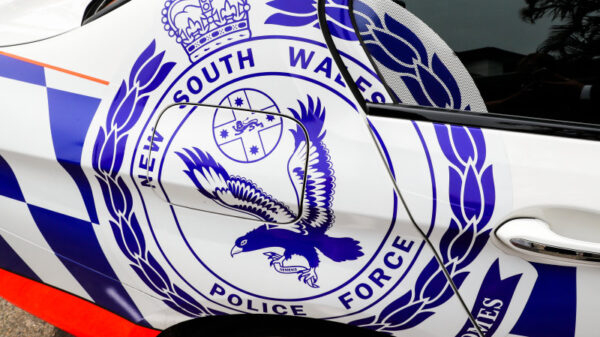URGENT UPDATE: National Australia Bank (NAB) is facing growing scrutiny over CEO Andrew Irvine following a controversial comment about drinking made during a staff Q&A session. This incident comes as NAB navigates a significant leadership transition, with Irvine taking over from Ross McEwan early in 2024.
During a question-and-answer session, a staff member asked Irvine what he planned to do less of in the upcoming year. His response—”drinking”—elicited laughter from employees, but its implications have taken on a serious tone. Questions surrounding Irvine’s drinking at client events have emerged, especially after discussions among fund managers at a recent lunch with NAB chairman Phil Chronican and director Simon McKeon.
Insiders report that Crispin Murray, head of equities at Pendal, raised concerns about Irvine’s leadership style, prompting board members to monitor his behavior more closely. However, the board has not disclosed these issues to shareholders, leading to significant speculation and concern among staff and investors.
In a boilerplate response issued more than 24 hours after the initial questions, NAB stated, “The Board’s support for Andrew and his team is unchanged.” Despite the brewing controversy, Irvine has not faced any disciplinary action and has refrained from commenting on the situation.
The issue of drinking is particularly relevant in corporate culture, with anecdotes of lavish lunches funded by company resources often circulating. The term “PFL” (proper f—ing lunch), coined by former UK politician and banker Nigel Farage, highlights the extravagant dining culture that can exist in high-level corporate settings. While some argue that a relaxed atmosphere is crucial for maintaining client relationships, others raise flags about accountability and professionalism.
As NAB’s business banking unit—a crucial part of its operations—has seen a decline in market share under Irvine’s leadership, the drinking allegations have intensified scrutiny on his performance. The unit has lost nearly 1 percent of its market share to competitors like Westpac and CBA, raising questions about whether Irvine’s leadership style is effective.
With NAB’s future and Irvine’s tenure at stake, the situation raises critical questions about corporate governance and the expectations placed on leaders in today’s business environment. As this story develops, stakeholders are watching closely to see how NAB will address these internal challenges and if this controversy will impact Irvine’s position moving forward.
What happens next? Will NAB take further action regarding these allegations, or will they continue to support Irvine as he adapts to his new role? The coming weeks will be crucial for NAB as it seeks to stabilize its direction amid this unfolding drama.





























































